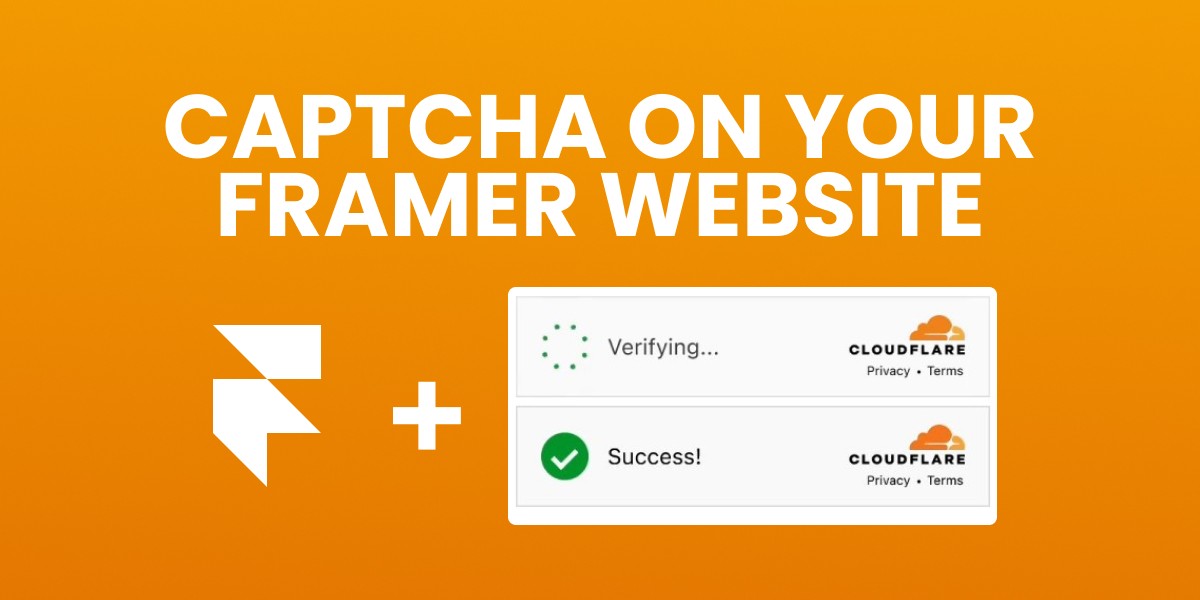Framer vs Webflow: Which is Better?
5/11/24
Articles
Should You Use Framer or Webflow for Your Website Project?
Whether you're planning a landing page, corporate website, or personal blog, both Framer and Webflow stand out as excellent choices among no-code tools for website creation. No-code tools allow you to build websites using the software's interface without writing a single line of code. However, if your website requires specialized functionality or a backend, developer assistance might be necessary. For simpler sites that can be launched quickly and at a low cost, both Framer and Webflow are superb options. As your design partners, we are eager to craft a website that perfectly suits all your needs.
Why Choose Framer or Webflow?
Speed of Implementation: The popularity of no-code tools like Framer and Webflow has soared in recent years, largely due to their ability to expedite website launches. The absence of a "developer stage" allows designers to create websites directly within Framer or Webflow, often bypassing the need for interface design tools like Figma. This integration means that any changes to the website can be implemented swiftly.
Cost-Effectiveness: With no developers involved in the initial stages, the cost of creating a website can be reduced by up to 50%. Expenses typically cover only design work and subscription fees. Additionally, both tools include hosting, eliminating the need for separate hosting fees unlike platforms such as WordPress.
Integrated CMS: Both Framer and Webflow feature a built-in Content Management System (CMS), simplifying the process of managing a blog or portfolio on your website. You don't need technical expertise to create or update posts; everything is manageable without coding knowledge. We tailor and enhance the CMS to meet the specific requirements of each project, offering a user-friendly interface and customizable sections for easy content management.
SEO Capabilities: Framer and Webflow excel in Search Engine Optimization (SEO). They are fast and equipped with all necessary SEO tools. Optimizing a website for SEO might require some expertise, but our team of UX/UI designers and SEO specialists are prepared to handle this for you, ensuring your website achieves top rankings in Google search results.
What Are the Downsides of Framer and Webflow?
Limited Functionality: As no-code platforms, Framer and Webflow lack built-in databases, which can be a hurdle for creating e-commerce sites or platforms reliant on dynamic data, such as hotel bookings. These limitations can generally be overcome with third-party tools and some custom coding, which our team can assist with.
Subscription Model: Both tools operate on a subscription basis, requiring monthly or annual payments to maintain and manage your website. If a custom domain is not necessary, there are free versions available. However, depending on your subscription plan, the available features, including CMS capabilities and the number of monthly visitors, may vary.
Conclusion
Both Framer and Webflow are excellent tools for building websites. We generally recommend Framer for most projects due to its ease of use. Webflow, while more powerful and offering more complex functionalities, can be more challenging to use and might require a basic understanding of HTML and CSS. If you need a visually appealing, fast, and frequently updated website that can be launched promptly, Framer is the ideal choice. However, for more complex websites, Webflow is the superior option.
Regardless of your choice, our team of professionals with extensive experience in UX/UI design, web development, and SEO is ready to help you create a site that not only looks great but also drives traffic and generates leads for your business. Don't hesitate — fill out our project request form today, and we'll be in touch soon!




